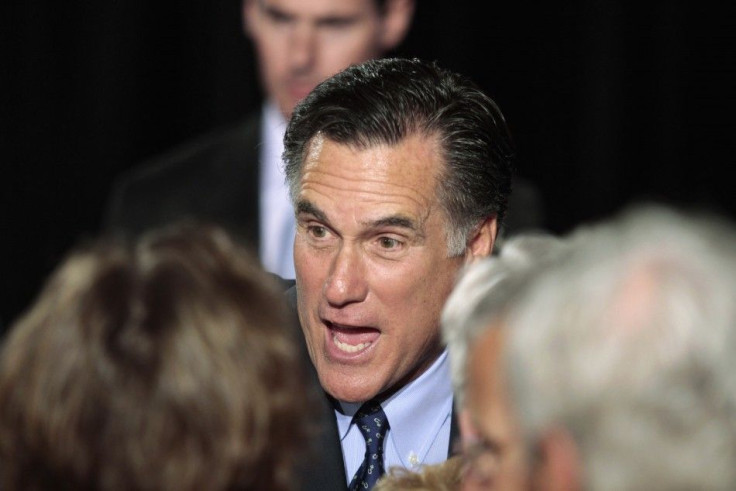Wisconsin Results: Romney Expands His Base

Mitt Romney's victory in Tuesday night's Wisconsin primary saw the former Massachusetts governor carrying voter groups that have eluded him in past primaries.
The wins in Wsconsin, Maryland and the District of Columbia added to Romney's delegate lead, which is now 655 to 278 for Rick Santorum, 135 for Newt Gingrich and 51 for Ron Paul, according to the Associated Press tally.
And according to exit polls, in Wisconsin Romney was able to stitch together a broad coalition of voters in a key bellwether state. That undercuts Santorum's claim to be a viable challenger to Romney, as party leaders rally around the frontrunner.
Romney has struggled with less educated and less affluent voters -- both groups gravitated towards Santorum and helped to fuel a split decision on Super Tuesday -- but in Wisconsin, Romney reversed that trend, winning over both voters who had attended college and those who had not. He eclipsed Santorum among voters who make more than $100,000 a year, edged the former Pennsylvania senator among those who make less than $50,000, and tied him among the plurality of voters whose income is somewhere in between.
Santorum has built has case on the contention that he is the true conservative, and the exit polls showed voters still had some reservations about Romney's conservative bona fides. 44 percent of voters said the former Massachusetts governor was not conservative enough, and that bloc chose Santorum by a two to one margin.
But Romney made up the shortfall among voters who said he was about right, who voted for him by an overwhelming margin. He also tied Santorum among very conservative voters, a demographic that has consistently gone to Santorum or Newt Gingrich. Self-identified Republicans, who comprised about three-fifths of the Wisconsin electorate, chose Romney over Santorum by a two-to-one margin.
Voters who identify most strongly with the Tea Party movement tend to be more conservative and have often distrusted Romney. Yet all but one category of Tea Party voters -- from those who said they strongly support the movement to those who somewhat opposed it -- broke for Romney. Those who strongly opposed it chose Santorum, a curious result that can potentially be explained by the fact that self-identified Democrats resoundingly voted for Santorum.
Once again, competency trumped ideology. In what has become a recurring pattern, Romney won voters who said they most sought a candidate who can defeat Barack Obama or who has the right experience; those who prioritized a strong moral character or a candidate who is a true conservative chose Santorum.
Wisconsin became the epicenter of a national debate over cutting costs in 2010, when its freshly installed Republican governor, Scott Walker, joined the Republican-controlled legislature in pushing legislation to eviscerate the collective bargaining powers of most public unions. The deeply polarizing bill produced an unsuccessful effort to recall Republican lawmakers, and now Walker will face a recall election of his own during the summer.
Romney has firmly allied himself with the embattled governor, echoing Walker's critique of union clout. That support will undoubtedly play a factor in the general election should Romney become the nominee, and the Wisconsin exit polls showed that a whopping 79 percent of voters support Walker. That group chose Romney over Santorum by a double-digit margin.
© Copyright IBTimes 2025. All rights reserved.





















